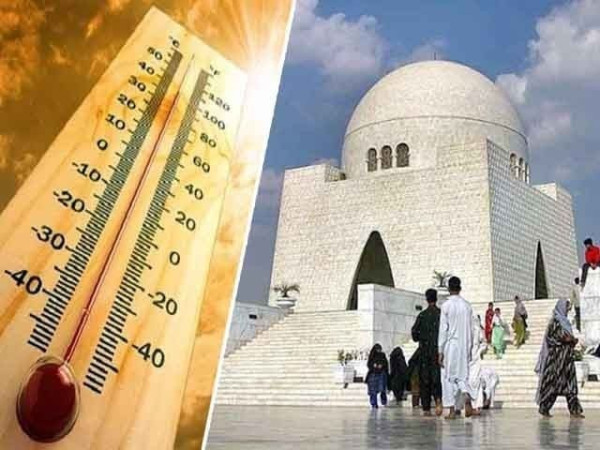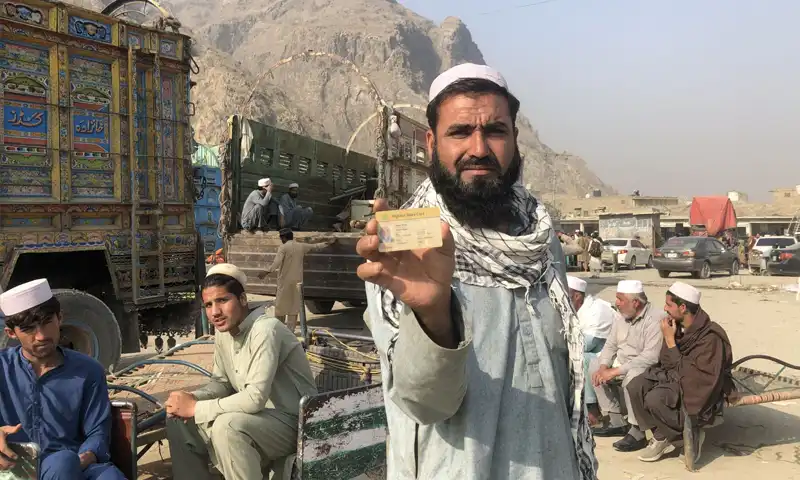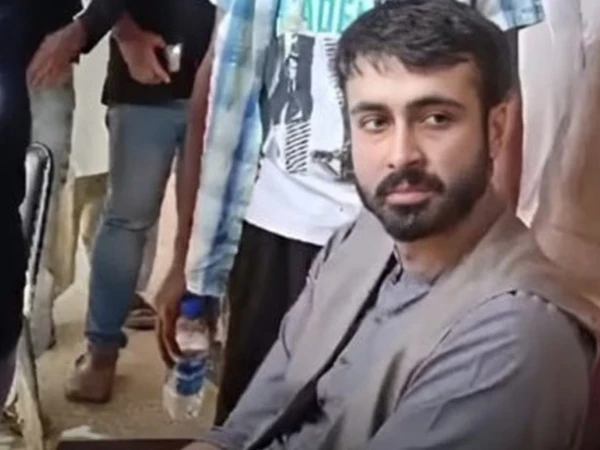- Web Desk
- 10 Minutes ago

Hunza power plants’ privatisation: AWPGB seeks revocation of contract with IPS
-
- Web Desk
- Aug 12, 2024

Hunza: The leadership of Awami Workers Party Gilgit-Baltistan, District Hunza, has expressed deep anger and concern over the decision to hand over four power plants and all future potential electricity projects, along with all water resources in the district, to a multi-national company.
“We believe this move poses a risk to the people of Hunza, potentially depriving them of their natural water resources, jobs, and land, which could enslave them to global corporate capitalism,” said a press release issued by the Awami Workers Party Gilgit-Baltistan District Hunza chapter.
Under a controversial and secretive agreement, on August 14, four public sector power plants in Hunza (Mayoon, Hassanabad, Khyber, and Misgar) are being handed over to Industrial Promotion Services (IPS), a multi-national company funded by the World Bank and EU under the guise of a public-private partnership.
This agreement, made in 2019 between the then-caretaker chief minister Mir Afzal and some bureaucrats, would hand over public assets, machinery, and more than 20 kilometers of land along the Hunza River to IPS, causing a loss of billions of rupees to the public. The fact that the company would gain full control over the projects and machinery built on the people’s land and shared water resources without any compensation is a matter of grave concern.
The government’s decision to hand over the Water and Power Department in Hunza to a multinational monopoly, thereby abandoning its responsibilities in the region, jeopardizing the livelihoods of 300 employees, and endangering the economic well-being of thousands of families, is a criminal act that should be immediately revoked.
Also read: Prince Rahim Aga Khan unveils tech park, solar plants in Hunza
“We believe this agreement has no legal standing because Hunza is a disputed non-settled district, and the local population, who are the rightful owners of land and water resources under international agreements, were neither consulted nor did they give their consent. Moreover, the area’s elected representatives and political leadership were also excluded from this process.”
Such non-transparent deals in the name of development and the provision of basic services will leave Hunza’s future at the mercy of multinational monopolistic companies in a few years.
Root Causes of Crisis
We believe that the electricity crisis in Hunza is primarily due to the negligence, nepotism, and corruption of the officers in the Power Department, as well as unplanned construction linked to tourism and the unregulated influx and activities of tourists.
Currently, the public is only provided with 2 hours of electricity. Without controlling the ever-rising demand for electricity, the energy needs of Hunza will never be met.
Alternative Solutions
The press release said that there are viable alternatives to control the electricity crisis in Hunza and improve the electricity supply. Implementing these can help overcome the crisis.
“We demand that the Gilgit-Baltistan government enforce energy regulations and a load management plan.
Under this plan, domestic consumers should be provided with at least 8 hours of electricity daily, during which hotels and guest houses with over 12 rooms in Central Hunza and commercial towns in the outskirts should be allowed to operate on diesel generators,” it said.
Hotels or guest houses with more than 12 rooms, should install solar panels within three months to generate their electricity, it said.
“We also demand that the Gilgit-Baltistan government immediately ban air conditioning systems in hotels and form a committee comprising political parties, community representatives, and experts to develop short-, medium–, and long-term plans for electricity generation and demand management in Hunza.”
The press release said that arrangements should be made for electricity transmission from neighbouring China to overcome the energy crisis, with the request to help build run-of-the-river small hydropower plants in each village on an emergency basis.
“We appeal to the people of Hassanabad, Khizer, Misgar, and Mayoon in particular, and all the people of Hunza in general, to rise and save their water resources, lands, electricity projects, and jobs, and thwart these elite captures of resources. Otherwise, global monopolistic capitalists will seize all resources, including the region’s water resources, and our future generations will be forced to live in modern colonial slavery, deprived of their lands and resources.”
The Awami Workers Party Gilgit-Baltistan demanded the immediate cancellation of the dubious and non-transparent agreement and start accountability of the government officials who violated the principles of the public-private partnership act and facilitated the sale of our assets. “If this agreement is not cancelled, the Awami Workers Party, along with the Awami Action Committee and all pro-people forces, will launch a protest movement against it,” it said.





